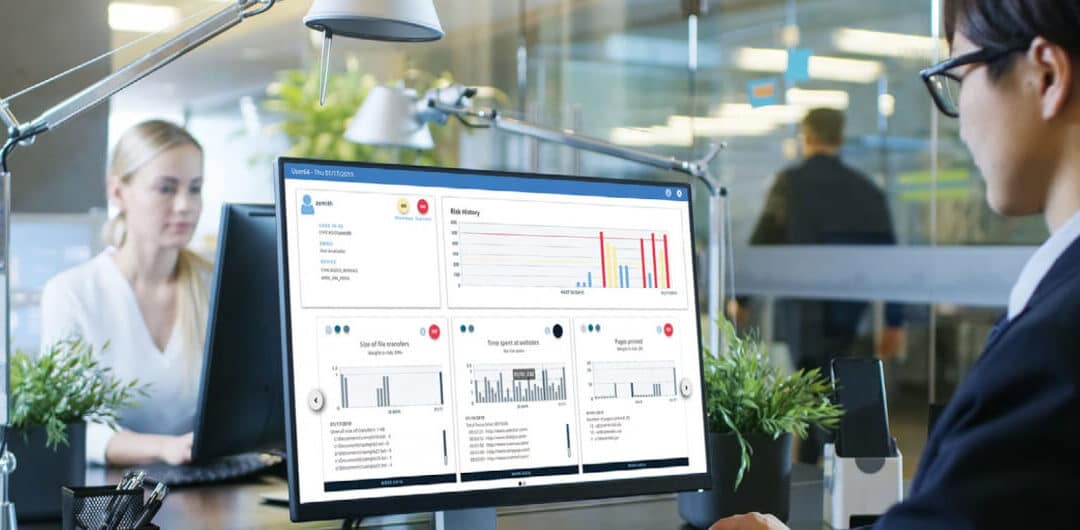At its core, GDPR compliance is simply about protecting personal data of EU citizens that is necessary and appropriate to collect. Applications hosting personal data may provide some level of detail around when personal data is accessed, but without visibility into what users do with personal data after they access it, the risk of data breaches, compliance violations, and the investigations, fines, and reputational damage that comes with them, is significantly increased.
Veriato provides contextual user activity detail and screen recordings necessary to satisfy GDPR requirements. By logging all user activity and capturing screen detail for video playback, Veriato creates an indisputable audit trail that will satisfy the evidence requirements of even the most scrutinizing supervisory authority.
This brief discusses the challenges of safeguarding personal data, and how Veriato uniquely creates the audit detail necessary to meet GDPR compliance objectives.





